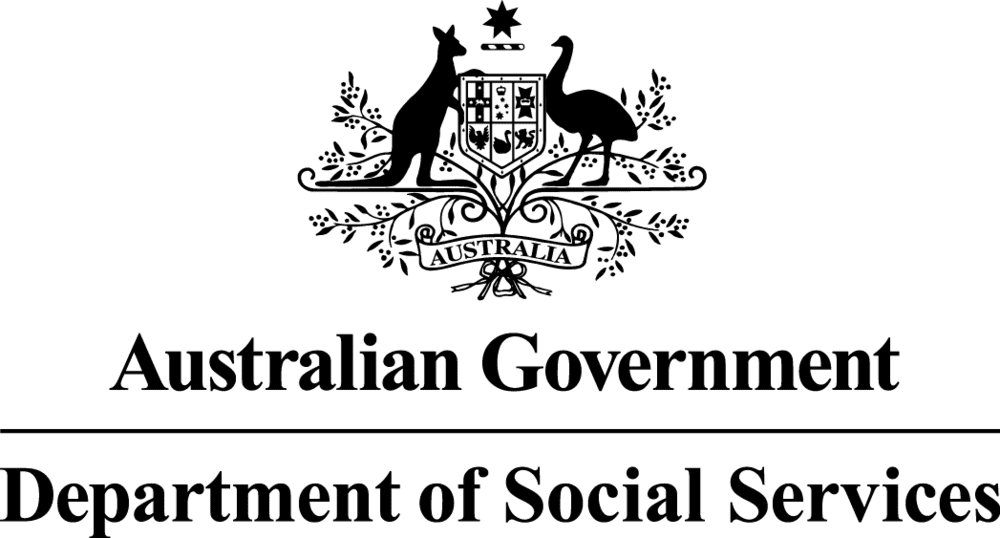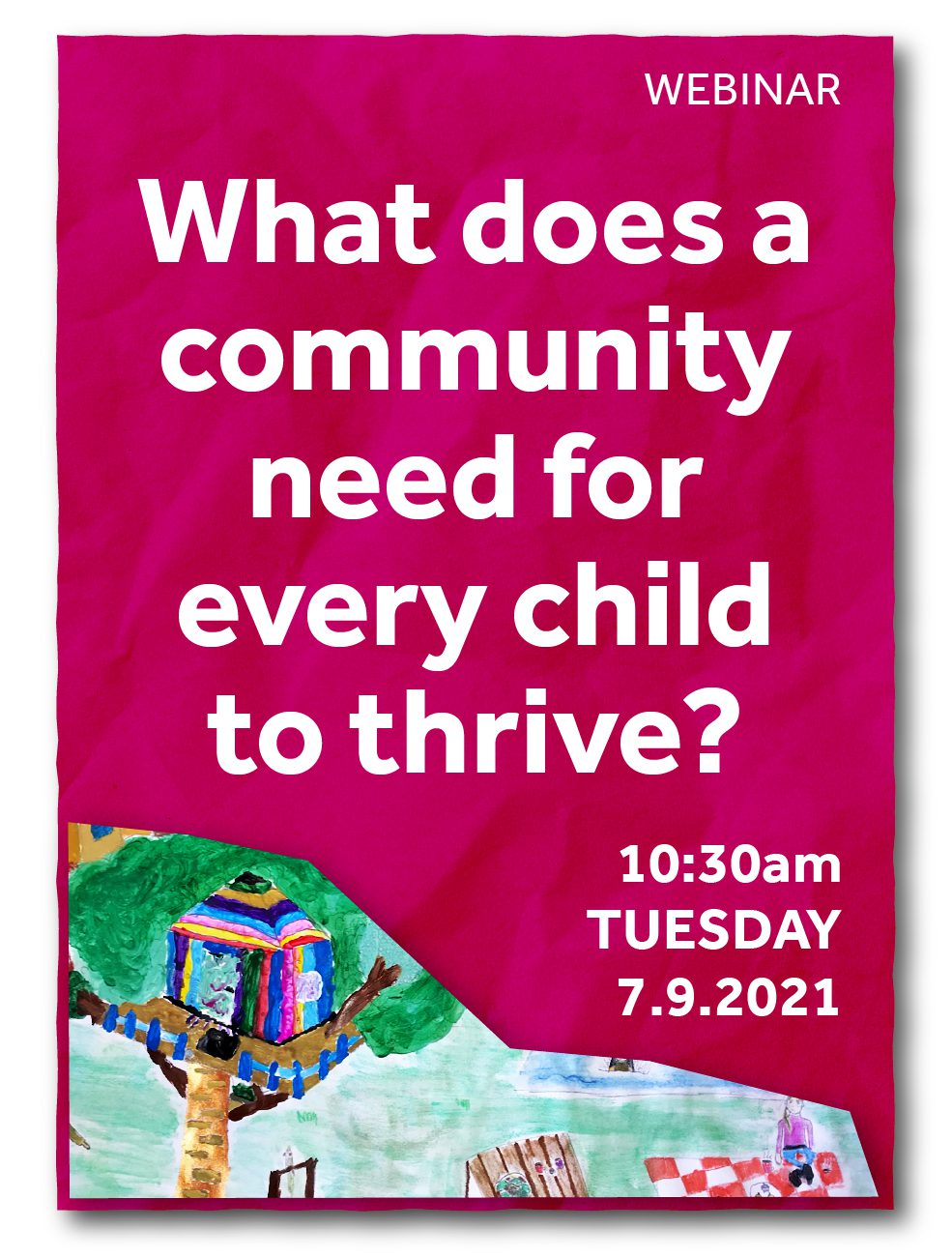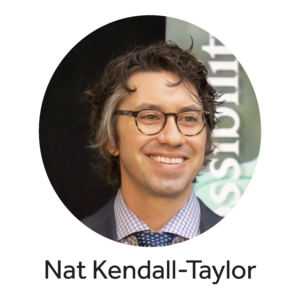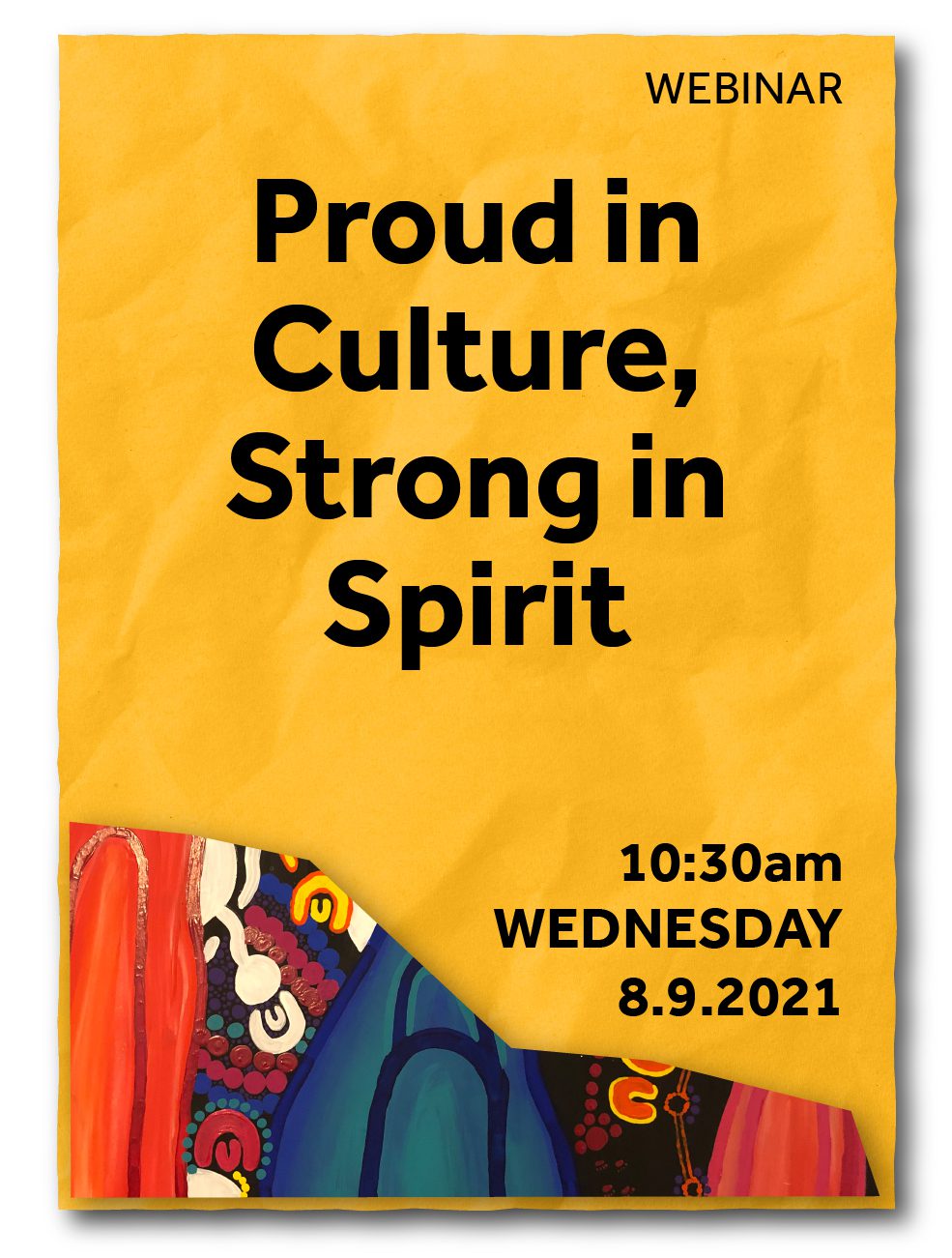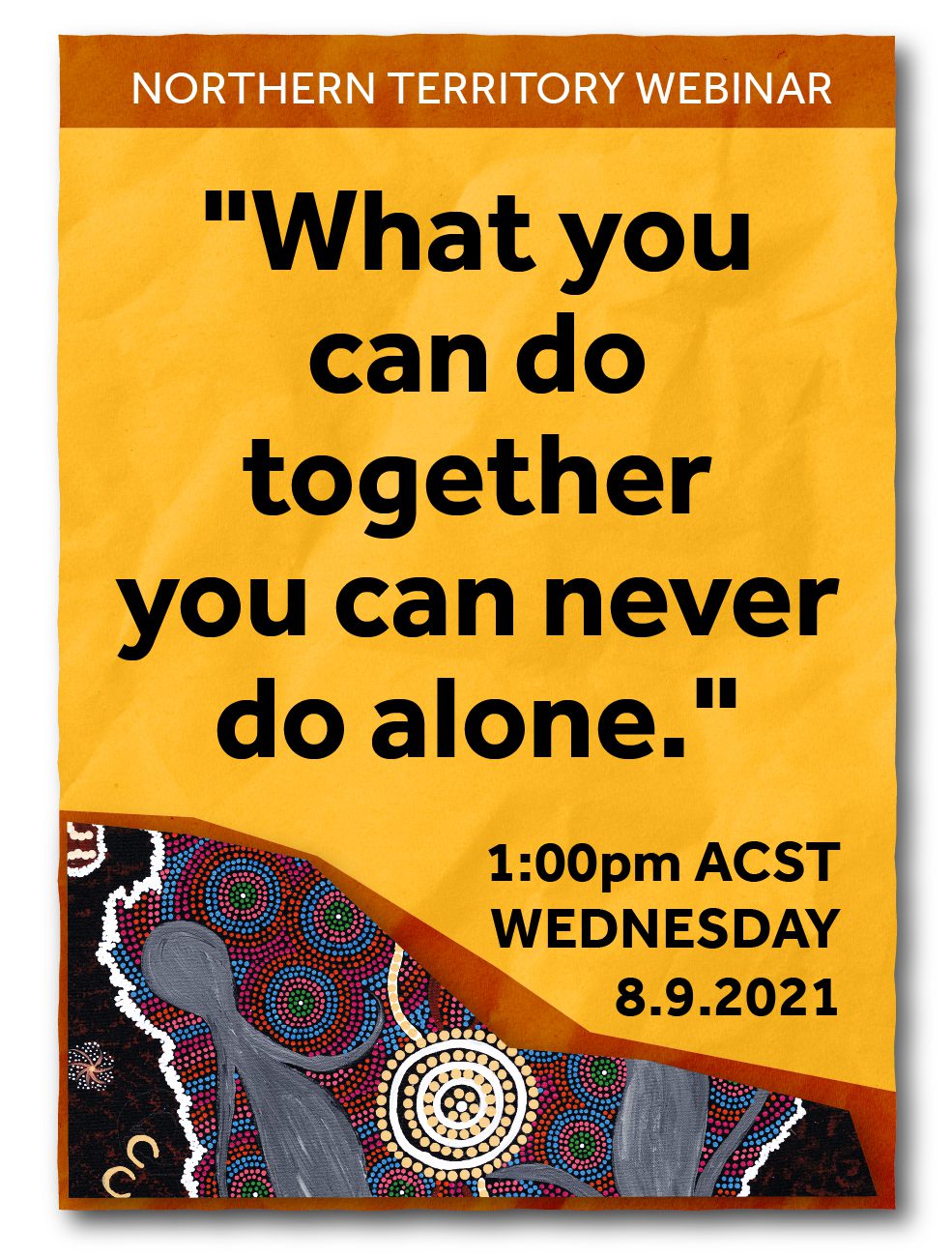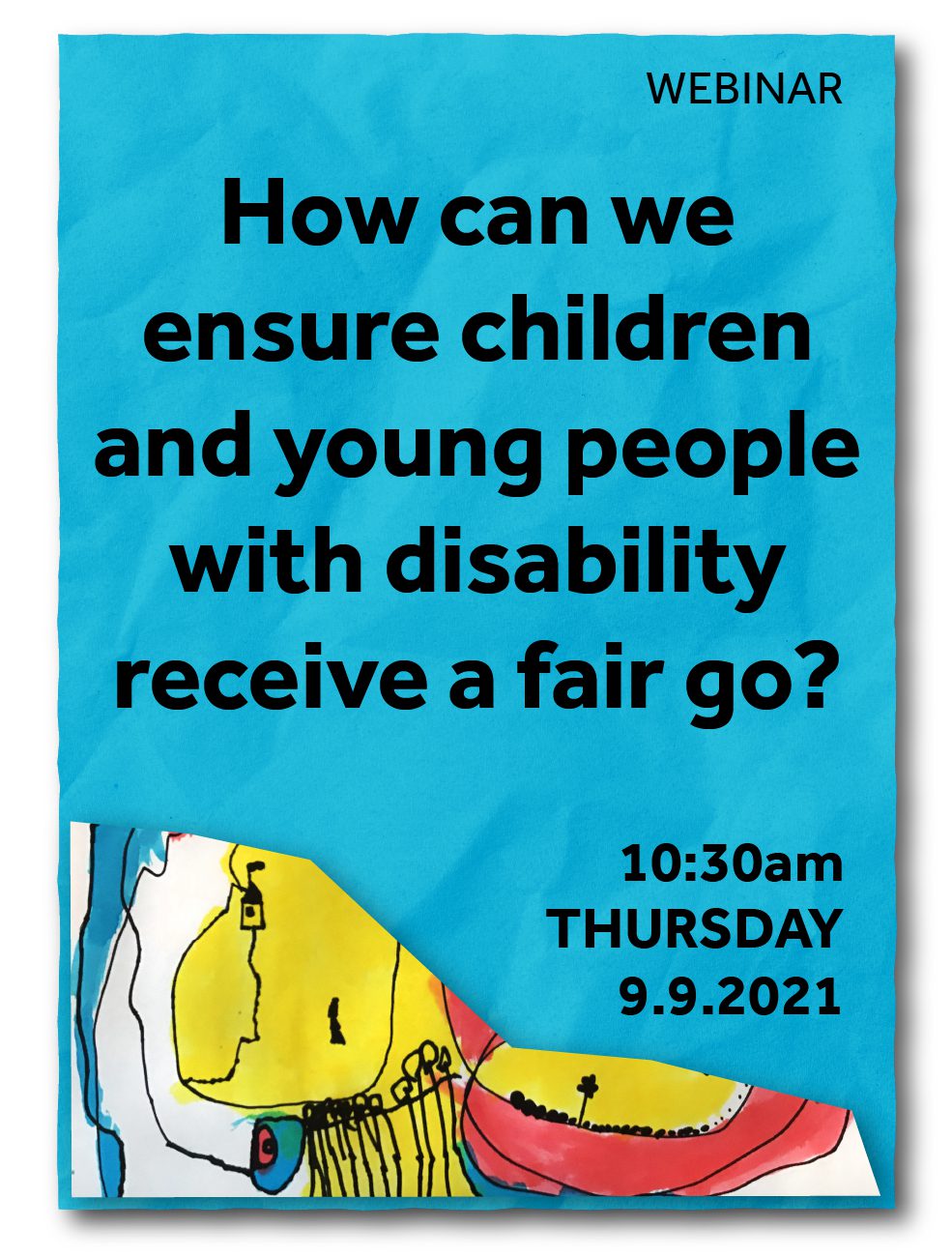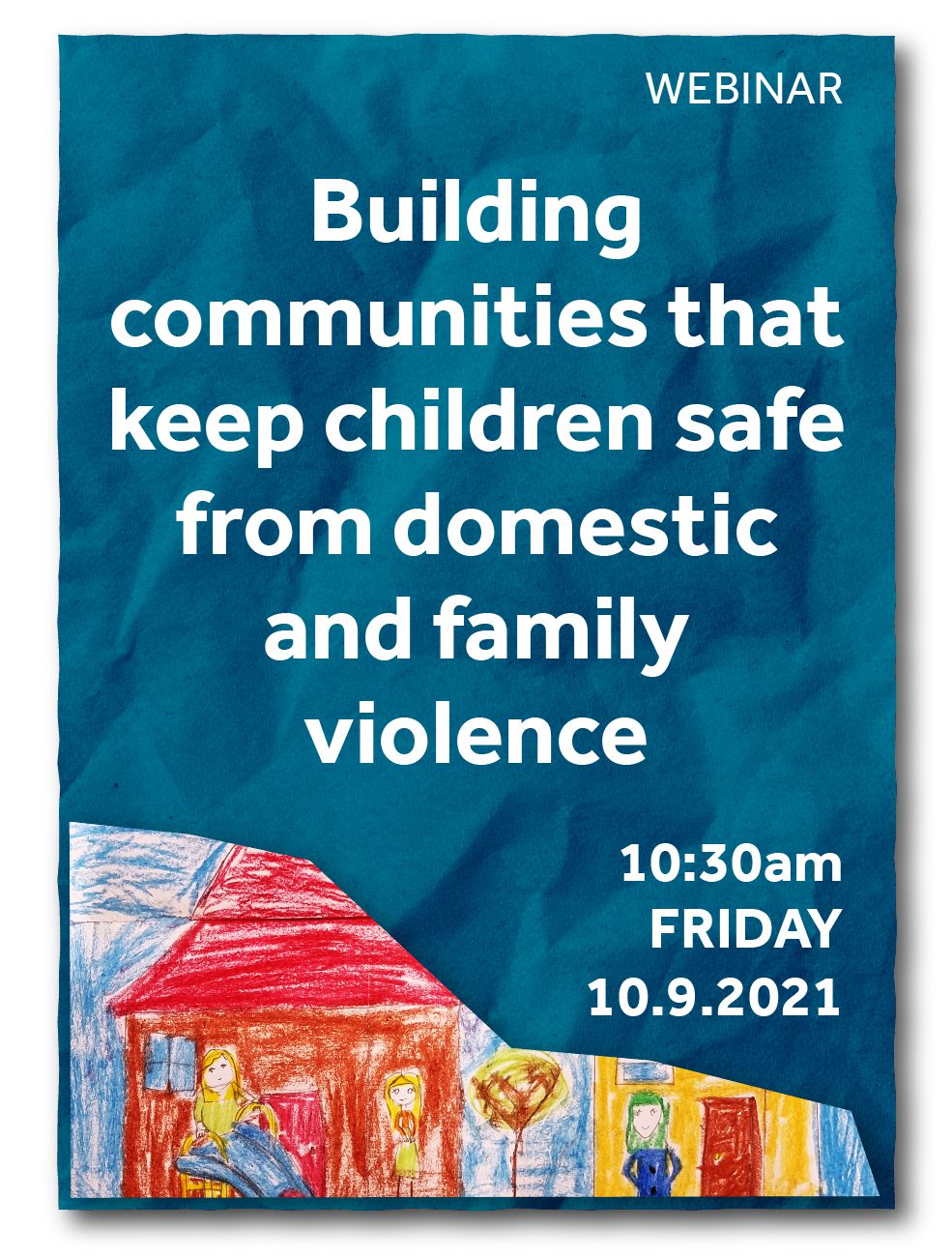Tasha Lawton is an experienced media professional with over 20 years’ experience in storytelling and branded, short and long form content. Spanning global broadcast, online and independent client platforms. She has spent years leading teams and working with, building and developing national and international brand partnerships and stakeholder integrity both in Australia and the UK. Tasha has written curriculum courses for Universities and more recently created and developed her own comprehensive series of curriculum aligned resources for kids in years 5-10, covering alcohol, drugs, eating disorders, gender based violence, periods, sex, sexuality and suicide and self harm. Tasha is also a qualified Counsellor.
Holly O’Sullivan Williams has evolved in her educational leadership roles from Drama Coordinator, Head of Year 10 and Director of Community Engagement at Hillbrook Anglican School to Dean of Students and Academic Welfare and now Deputy Principal at St Aidan’s Anglican Girls’ School. She is a mentor for middle leaders looking to move into leadership positions. She is passionate when it comes to developing and fostering young leaders and created a student leadership program that is innovative and stems from her research in social change, student voice and agency. In 2020, Holly was awarded a fellowship from ACEL Queensland acknowledging and celebrating her commitment to advancing educational leadership in support of students, and the spirit of optimism, resilience and hope she creates across the profession. She has a keen interest in writing policies which not only meet legislative requirements but also the unique needs and culture of a school. Further research in gender studies have inspired her to create school procedures that are inclusive and also, effective in improving student learning outcomes.
Sammy Bruderer is NAPCAN’s Queensland State Manager and National Manager Child Safe Organisations. Sammy has worked in the sector for thirteen (13) years and is passionate about promoting the importance of prevention at all levels of the child protection sector from primary through to tertiary. With an academic background in social work, her career has involved front line work alongside children, families and communities in both the tertiary and non-government sectors, in emergency medicine as a first responder to sexual assault, domestic violence and trauma, and within the homelessness support sector. With a specific focus on promoting and developing child safe organisational culture, Sammy’s work at NAPCAN includes program and resource development, consultation and advocacy at State and Federal levels, and the development of whole-of-community engagement campaigns. Sammy strongly believes that fostering prevention of abuse and neglect, through the lens of shared guardianship and whole-of-community engagement, is the best answer to Australia’s child protection crisis and will ensure greater outcomes for all children, families, organisations, and the broader community.
